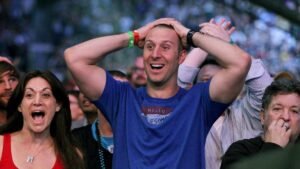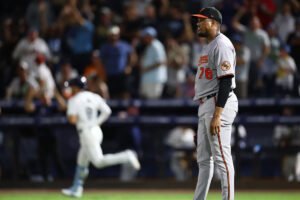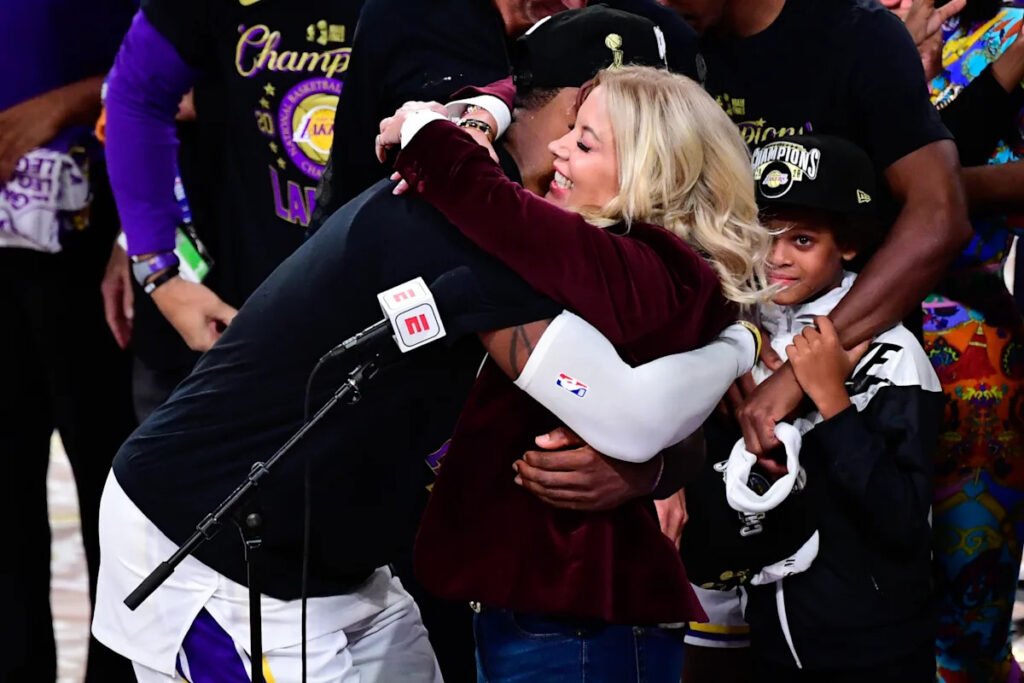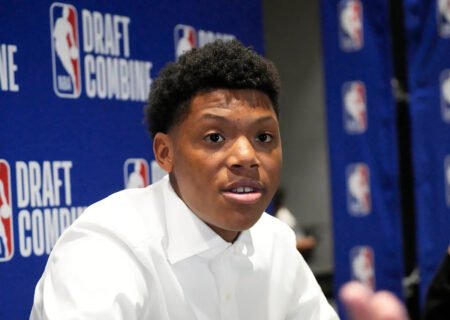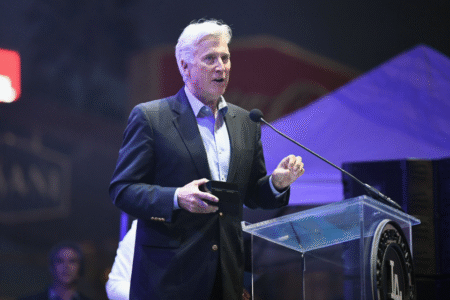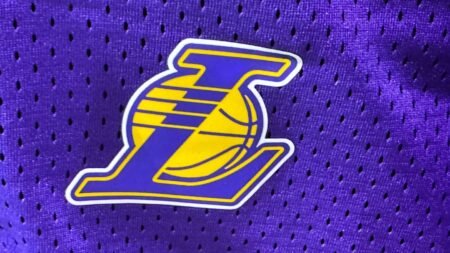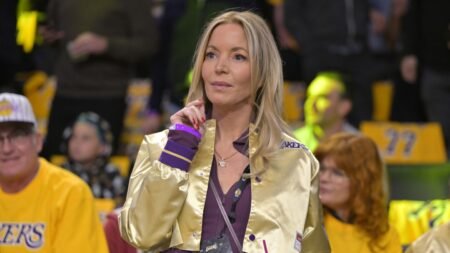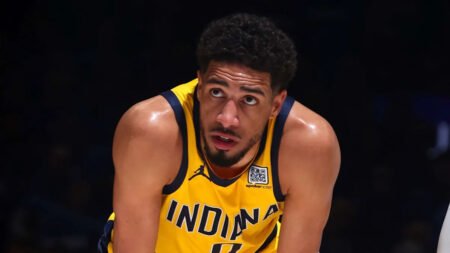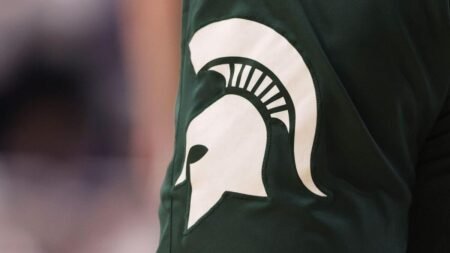NBA ownership had never been glamorous, not until the Buss family showed up in Los Angeles and changed how we look at sports as entertainment, sports as spectacle.
The Laker girls, the Forum Club, Showtime — it starts with Jerry Buss, Jeanie Buss and Magic Johnson as the ultimate conductor. The NBA changed forever when the Buss family took over in 1979, Magic was drafted on one coast and Larry Bird arrived in Boston, starting the decade that has been the catalyst for all the success the league has enjoyed since.
Advertisement
On Wednesday, the Buss family reportedly entered an agreement to sell the Lakers to TWG Global CEO Mark Walter, who also owns the Dodgers, for a record $10 billion — and it feels like the end of an era in some ways.
Jeanie Buss will continue to serve as governor, according to ESPN, but who knows how things change over time. Mark Cuban believed he would serve in the same capacity with the Mavericks after selling the franchise to the Adelson and Dumont families, but he found out he lost his juice well before they pulled the lever on the Luka Dončić trade.
Still, though, there was a mystique around the Buss family that never really existed in basketball and only resonated in a couple other places since sports became big business. Sure, everyone knows who Jerry Jones is, and George Steinbrenner was a towering figure in New York, but at least Jeanie Buss seemed very accessible during games. You’d see ticket-holders come up to her and speak, she’d glad-hand with some of the A-listers sitting courtside. Even if she wasn’t truly accessible to the common fan, she felt very approachable. And usually, nobody cares who the team owner is.
LeBron James and owner Jeanie Buss celebrate the Lakers’ 2020 championship. (Photo by Douglas P. DeFelice/Getty Images)
(Douglas P. DeFelice via Getty Images)
Oftentimes they’re the villains because fans are dissatisfied with the front office’s moves or the coaching decisions or player contracts. It’s usually “cut the check” and get out of the way — and let’s be honest, for some franchises that’s still the case and fans wouldn’t be wrong for feeling that way.
Advertisement
But you knew who Jerry Buss was when he strolled into the building with beautiful women on his arm. It felt very authentic to Los Angeles in the 1980s when the franchise merged Hollywood with itself.
The Lakers were the family business, which is why this also feels somewhat predictable. The teams that have changed hands over the last 10-15 years aren’t the mom-and-pop shops from the David Stern era. It’s venture capitalists, private equity, and even sovereign wealth buying into the Washington Wizards a couple years ago. The franchise valuations and operating costs are through the roof, which means you better have your own capital outside of the NBA.
Nearly half the NBA’s franchises, a whopping 14, have changed hands since the 2011 collective bargaining agreement. That has given way to monumental television rights deals, and it has become more than trendy to own an NBA team.
It’s become very smart business.
Advertisement
The average NBA franchise value is $4.4 billion, according to Forbes in November. The $10 billion number will only increase that, as well as the expansion that’s expected to kick off pretty soon.
When you think of that golden era, only the Reinsdorf family remains with Jerry and son Michael running the team. And it’s very doubtful, if not impossible to see the Reinsdorf family — with all of their investment into Chicago’s west loop over the last 20 years — selling the Bulls.
They’re still a cash cow.
A few ownership sources reached by Yahoo Sports were not at all surprised at Jeanie Buss selling the Lakers, noting the record price and the fact Jeanie was the last member of the Buss family who wanted to keep the team. The other siblings, apparently, wanted to sell some time ago and, finally, Jeanie relented.
Advertisement
So in the last 12 months, the two marquee franchises, the Lakers and Celtics, have found new owners, seemingly with deeper pockets than the incumbents. And to boot, neither the Lakers nor the Celtics own their buildings, operating as tenants in arenas, and yet the values have broken records every time.
Things done changed, and will continue to, as long as the NBA bubble doesn’t burst.
And as time has moved on, the league looks and feels just a little different.
Read the full article here
